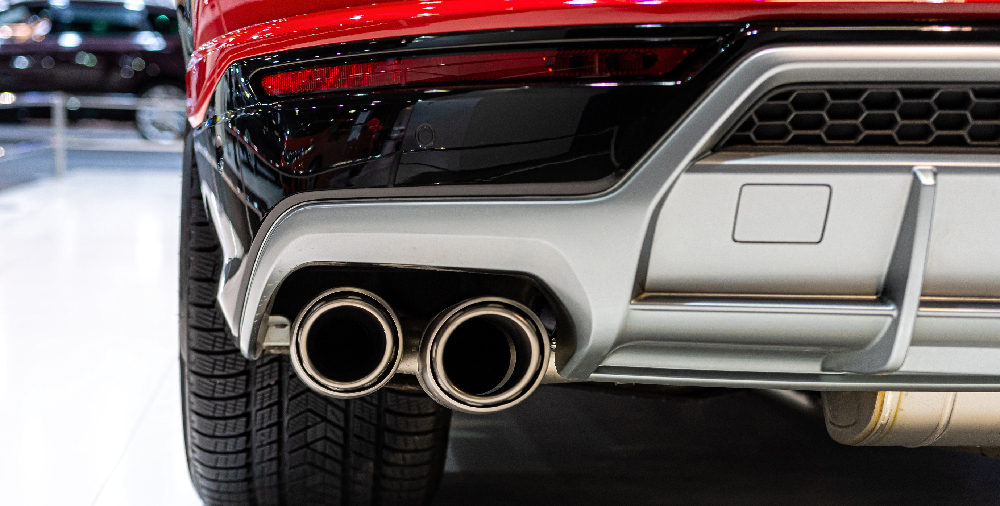The exhaust system is one of the most complicated parts of your vehicle. Several parts make up an exhaust system, including the manifold, flex pipe, catalytic converter, isolators, muffers, and, one that people often don’t know too much about, the resonator. The exhaust system’s goals are to improve performance and safety of the vehicle, and part of that is a result of the resonator.
The purpose of a resonator, similar to a muffler, is to alter the engine noise before exiting the vehicle. Many people will then ask, “What’s the difference between a resonator and a muffler? Why do I need a resonator? And how does the resonator interact with the rest of the exhaust system?” So, the Performance Muffler team is here to break down these essential questions.
What Does a Resonator Do?
Because a car can make a lot of noise, there are some parts built into the exhaust system to reduce any excessive noise. That’s where a resonator comes into play. In the exhaust system, a resonator is right before the muffler, and it assists the muffler’s objective of reducing a vehicle’s noise.
A resonator will alter the sound so that it is more effectively able to be “muffled” by the muffler. Specifically, acoustic engineers have designed it to be an echo chamber to cancel out certain sound frequencies. Another way of thinking about it is that a resonator prepares noises before they enter the muffler.
What Is the Difference Between a Resonator and a Muffler?
There’s one key distinction between a resonator and a muffler, and that is the muffler reduces engine volume while a resonator simply changes engine sounds. The resonator and muffler work as a duo to alter and reduce wavelengths produced from the engine before they exit the vehicle. If they weren’t there, your car would be excessively loud.
Should I Have a Resonator?
You may be reading this, and wondering just like many gearheads, “Do I need a resonator?” It is a good question, because you don’t even need a muffler. You can remove it in what’s called a “muffler delete.” And the same is true for a resonator: you don’t need it, especially if you don’t have a muffler.
When getting rid of a muffler, you get better performance and a racecar-like sound. When getting rid of a resonator, you lighten your vehicle’s weight and alter the engine’s exiting sound. But a quick caveat: if part of an exhaust system is missing, an engine can fail an emissions inspection. This is why it’s important to first communicate with professionals before altering your vehicle. After all, many will leave a car as is, but a resonator certainly doesn’t hurt a car and can be removed if desired.
Final Thoughts to Resonate With
When dealing with a resonator, you can just think of it as a “pre-muffler.” It’s there to assist the muffler’s performance by first preparing and changing sounds to later be cancelled out and diminished. And if you don’t need a muffler, then you certainly don’t need a resonator, but it is all up to how you want your car to be changed and perform.
About Performance Muffler
Of course, there’s a lot of moving parts when it comes to any work on your vehicle’s exhaust systems. You can modify it for more noise, less noise, or the perfect noise. There are other things to change your exhaust sound, including the layout of the exhaust system itself (dual vs. single exhaust system) and exhaust tips.
If you want some experts you can trust for the best when it comes to your vehicle, contact us at Performance Muffler. We’ve been a top custom exhaust shop in the Phoenix area since 2007, and we pride ourselves on being the best.

